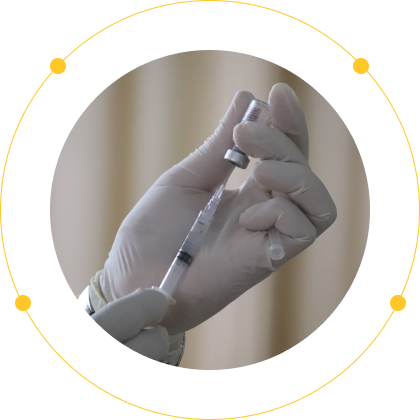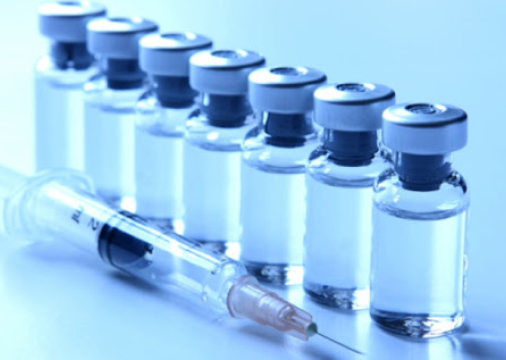Personalized immunotherapy at affordable prices
Personalized immunotherapy at affordable prices
According to WHO, about 14 million cancer cases are diagnosed annually in the world. By 2030, this figure may increase to 21 million. Cancer shortens the life expectancy of the male population by 3.6 years, and the female population by 2.5 years. On average, cancer patients live 17-18 years less than people who do not suffer from malignant tumors, and 40% of this time falls on working age.
Cancer is a disease that affects various organs and systems. One of the main features of malignant pathology is the rapid formation of abnormal cells, which subsequently spread throughout the body.
In recent years, immunotherapy has become a real breakthrough in cancer treatment. In Europe and Japan, therapeutic anticancer vaccines are actively being developed, the purpose of which is to mobilize the entire “army” of the immune system.
Dendritic cell vaccines against cancer have demonstrated high efficiency in this regard. They have a more pronounced effect than other types of antitumor vaccines, as dendritic cells are the “generals” of the army of the immune system.
The vaccine makes it possible to improve the indicators of standard cancer treatment by 30-40%, reduce the risk of relapse and metastasis, and also improve the quality of life of cancer patients.
The vaccine is made individually for each patient. To do this, blood from the patient, from which dendritic cells are isolated, and a tumor sample are taken, which is necessary for the activation of the immune system against a certain type of cancer.
After the vaccine is administered, dendritic cells transmit the necessary information to lymphocytes, and a rapid immune response develops in the body. This allows the body to slow down the progression, and in some cases to completely stop the malignant process.

Treatment with cancer vaccine Cancerax is prescribed to patients with various types of malignant neoplasms in the early stages of development. Tumor material is required to undergo vaccine therapy. It can be a recently removed neoplasm or a sample of malignant tissue preserved in the right conditions. If it is not possible to obtain a sample, for some types of cancer it is possible to isolate circulating tumor cells from the bloodstream.
The use of the Cancerax dendritic cell vaccine as part of complex therapy allows for minimizing the likelihood of disease recurrence, thereby ensuring a high level of patient survival.
The greatest efficiency can be achieved in the treatment of:


Clinical trials conducted between 1980 and 2003 showed that the use of an anticancer vaccine in combined cancer treatment significantly improves the 5-year survival rate and improves the quality of life of cancer patients. To achieve the greatest effectiveness of vaccine therapy, it is recommended to undergo 5 courses of treatment.
Compared to standard treatment, complex therapy with the use of the Cancerax vaccine allows increasing patients survival by:


Do you want your patients to take a course of vaccine therapy? Leave a request and we will contact you!

If you are planning an operation and want to protect yourself from a recurrence of the disease, you can use an anti-cancer autovaccine created based on your malignant cells. Such a vaccine is most effective for the complete treatment of cancerous tumors.

If you have had surgery to remove a tumor a long time ago and do not have a sample of tumor tissue to create an autovaccine, undergo treatment with Xeno immunotherapy – a xenogeneic vaccine that helps activate the immune system to fight cancer cells.
Its use is also suitable for patients who belong to the risk group and want to protect themselves from cancer development in the future.
We are always happy to help you.
Fill in your details to receive a free consultation.